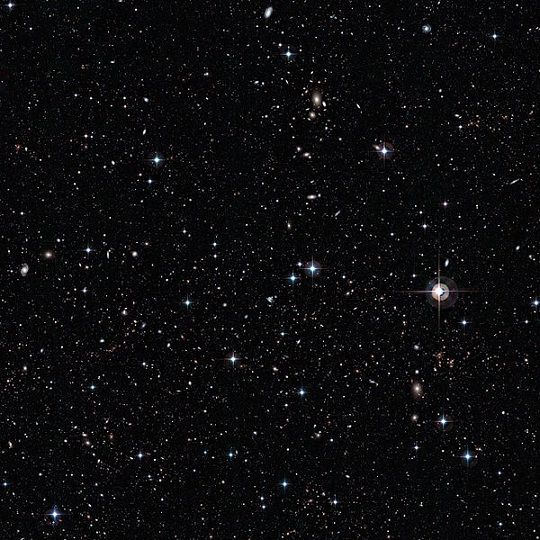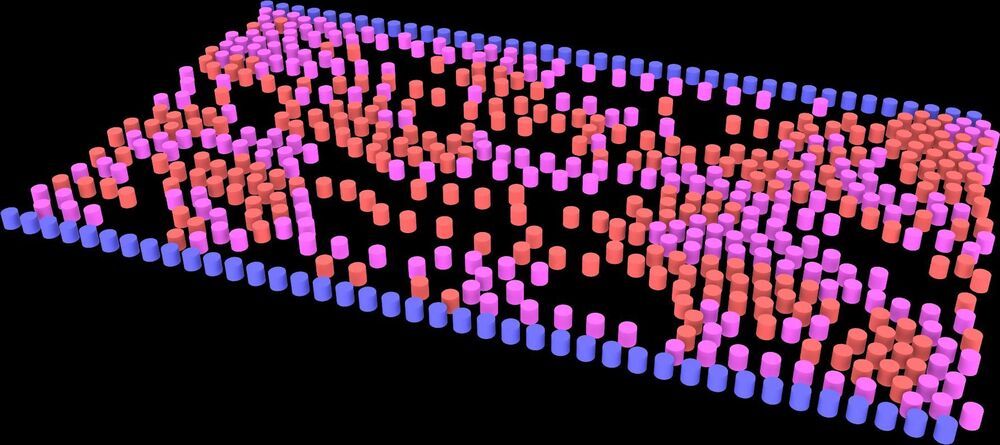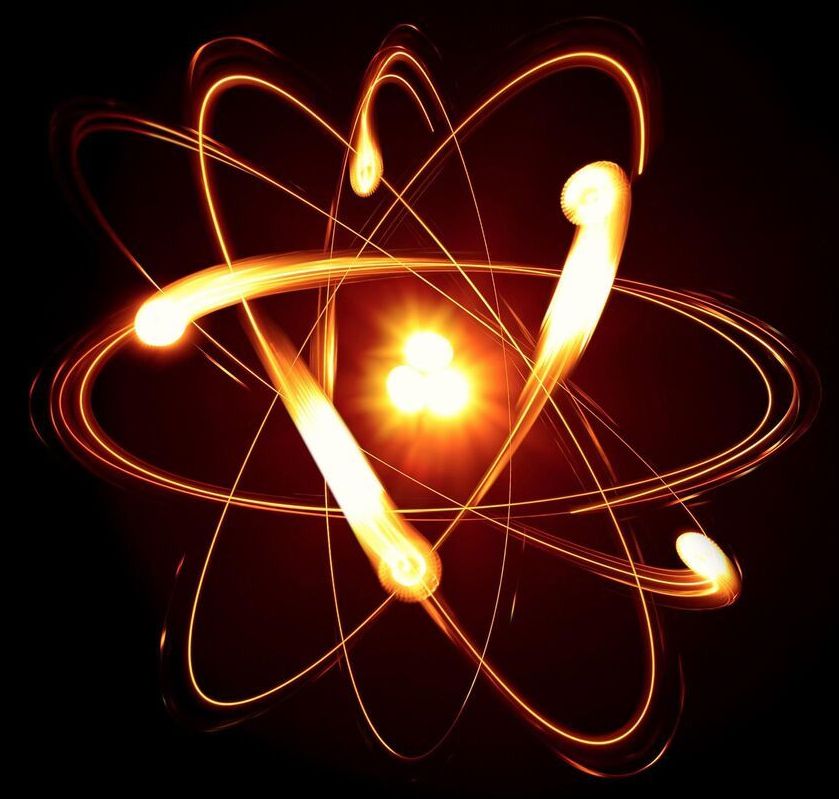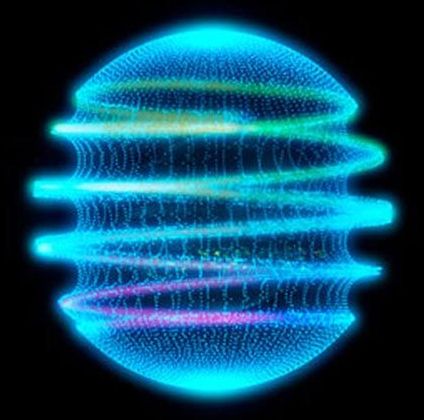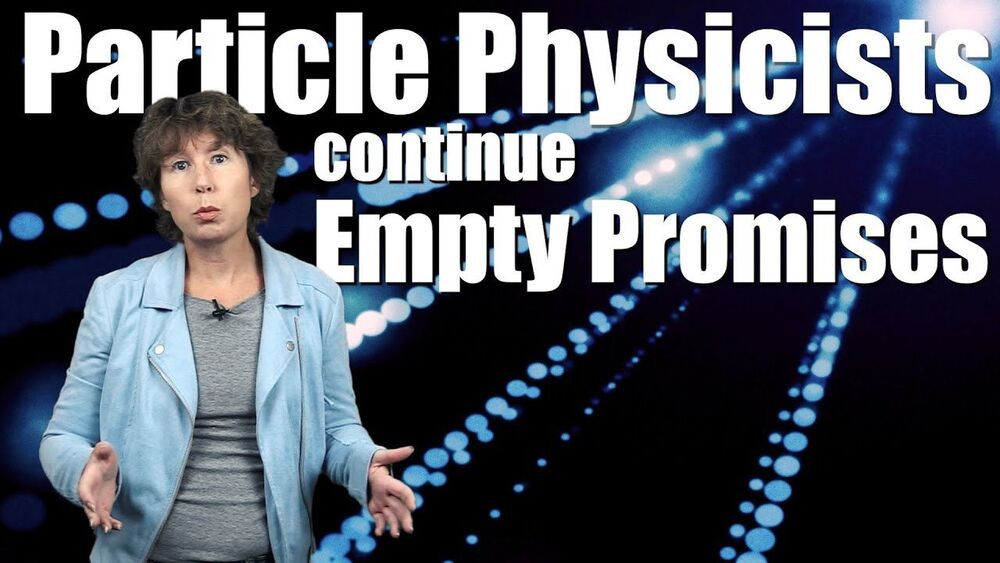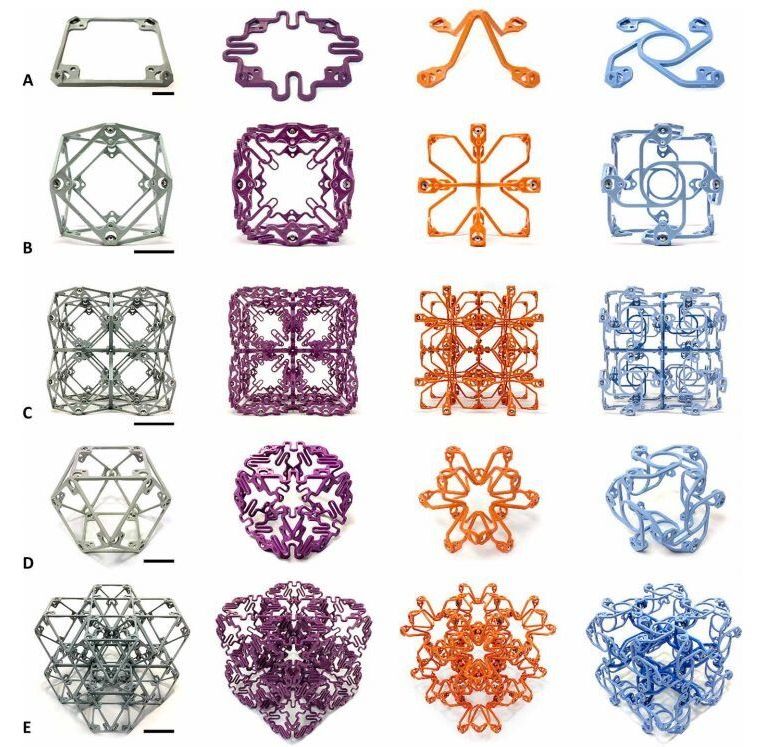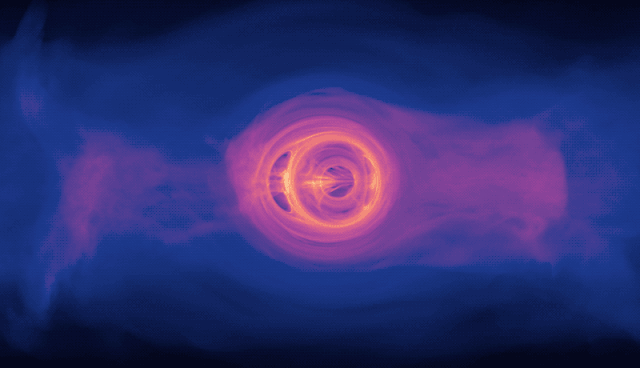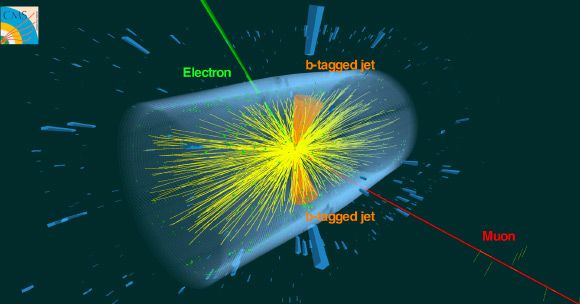Nov 24, 2020
Antimatter gravity could explain Universe’s expansion
Posted by Quinn Sena in categories: cosmology, particle physics
O,.o circa 2011 antigravity? Antimatter gravity equals antigravity: D.
(PhysOrg.com) — In 1998, scientists discovered that the Universe is expanding at an accelerating rate. Currently, the most widely accepted explanation for this observation is the presence of an unidentified dark energy, although several other possibilities have been proposed. One of these alternatives is that some kind of repulsive gravity – or antigravity – is pushing the Universe apart. As a new study shows, general relativity predicts that the gravitational interaction between matter and antimatter is mutually repulsive, and could potentially explain the observed expansion of the Universe without the need for dark energy.
Ever since antimatter was discovered in 1932, scientists have been investigating whether its gravitational behavior is attractive – like normal matter – or repulsive. Although antimatter particles have the opposite electric charge as their associated matter particles, the masses of antimatter and matter particles are exactly equal. Most importantly, the masses are always positive. For this reason, most physicists think that the gravitational behavior of antimatter should always be attractive, as it is for matter. However, the question of whether the gravitational interaction between matter and antimatter is attractive or repulsive so far has no clear answer.
Continue reading “Antimatter gravity could explain Universe’s expansion” »
